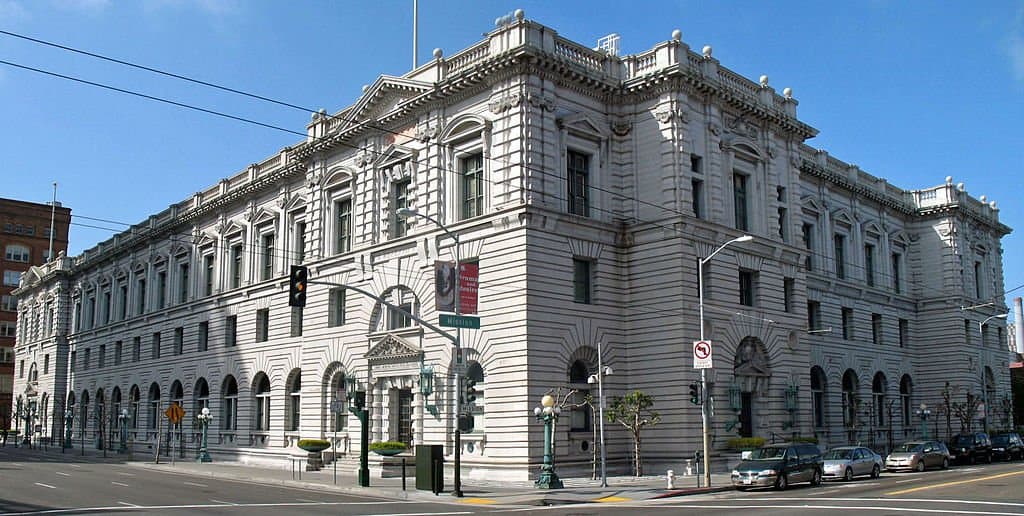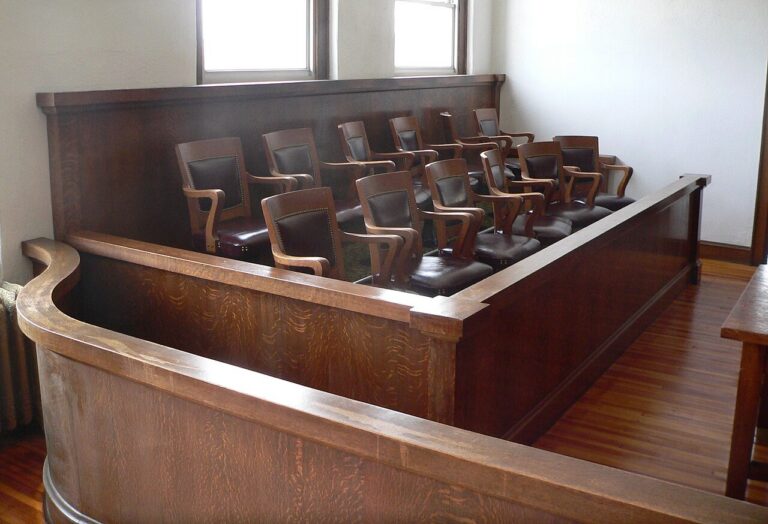
Andrew Strom is a union lawyer based in New York City. He is also an adjunct professor at Brooklyn Law School.
The Ninth Circuit recently issued an opinion that addressed the National Labor Relations Board’s decision in Thryv Inc., regarding the scope of remedies available for victims of unfair labor practices. In Thryv, the Board held that in addition to backpay, workers should be able to recover for “direct or foreseeable pecuniary harms” that flow from losing their jobs. In Int’l Union of Operating Engineers, Local 39 v. NLRB, a divided Ninth Circuit panel ruled that the Thryv remedies were within the Board’s authority. Judge Patrick Bumatay, a Trump appointee dissented, arguing that any remedy must focus on the wrongdoer’s gain or benefit rather than the harm to the victim. Whether or not he’s correct on the law, his suggested approach could actually lead to stronger remedies.
When workers are unemployed as a result of an employer’s violation of the National Labor Relations Act (typically because the employer fired them, but the Operating Engineers case involved an unlawful lockout), the Board’s standard remedy has long been to award backpay, less any interim earnings, with additional deductions for any periods when the worker did not actively look for work. This remedy does not make workers whole because when workers lose their paychecks, they predictably suffer a range of additional monetary losses. These losses will vary from case to case, but they may include interest payments and late fees on credit cards, penalties for early withdrawals from retirement accounts, medical expenses that would have been covered by insurance, and moving expenses to find a less expensive home. In Thryv, the Board finally agreed that workers should be able to recover the “direct and foreseeable pecuniary harms” they suffer when an employer illegally throws them out of work.
The remedies that the Board authorized in Thryv are still far less than the remedies available in an employment discrimination case or in many other wrongful discharge cases. Most notably, workers are not entitled to recover for pain and suffering, emotional distress, or harm to reputation. In addition, the Board ruled that any questions about what counts as “direct and foreseeable pecuniary harms” will be deferred to the compliance stage, and it has yet to rule on whether any particular harms meet that test. The Board has stated that it will not award damages for any harms that are “unquantifiable, speculative, or non-specific.”
In Operating Engineers, the Ninth Circuit majority held that the Thryv remedies are within the Board’s statutory authority because they are merely an attempt to remove or avoid the consequences of a violation and to restore the situation to that which would have occurred if not for the violation. Judge Bumatay dissented, arguing that the Thryv remedies are barred by the Seventh Amendment.
Bumatay asserted that to avoid the need for a jury trial, any relief sought by the Board must be “equitable” rather than “legal,” as those terms were understood in the 18th century. As he put it, “equitable relief should ask only what the employer has unjustly gained,” rather than focusing on what the worker has lost. I say, let’s take that and run with it. We know that when employers make a decision to fire a union activist, or to engage in other illegal tactics to stop a union organizing drive or defeat an incumbent union, the employers are likely making at least an informal cost-benefit analysis. The “union avoidance” industry wouldn’t be a multi-billion dollar enterprise if employers didn’t think they would profit by preventing their employees from organizing. Of course employers are unjustly enriched when they engage in illegal anti-union conduct. And, the enrichment likely far exceeds the harms suffered by an individual union activist who the employer fired in order to defeat the organizing drive. Perhaps the best part of focusing on the employer’s unjust enrichment is that it opens the door for substantial discovery regarding the extent of any unjust enrichment. So, if the employer had conducted some analysis about how much a union contract might eat into its profits, that should become a matter of public record.
I’m not suggesting that Bumatay is right about the Seventh Amendment. But, I recognize that on a practical level, “right” just means whatever five Justices are willing to go along with. So, if the turn back the clock crowd wants us to use unjust enrichment as the measure of damages under the NLRA, I will gladly take it.










Daily News & Commentary
Start your day with our roundup of the latest labor developments. See all
February 23
In today’s news and commentary, the Trump administration proposes a rule limiting employment authorization for asylum seekers and Matt Bruenig introduces a new LLM tool analyzing employer rules under Stericycle. Law360 reports that the Trump administration proposed a rule on Friday that would change the employment authorization process for asylum seekers. Under the proposed rule, […]
February 22
A petition for certiorari in Bivens v. Zep, New York nurses end their historic six-week-strike, and Professor Block argues for just cause protections in New York City.
February 20
An analysis of the Board's decisions since regaining a quorum; 5th Circuit dissent criticizes Wright Line, Thryv.
February 19
Union membership increases slightly; Washington farmworker bill fails to make it out of committee; and unions in Argentina are on strike protesting President Milei’s labor reform bill.
February 18
A ruling against forced labor in CO prisons; business coalition lacks standing to challenge captive audience ban; labor unions to participate in rent strike in MN
February 17
San Francisco teachers’ strike ends; EEOC releases new guidance on telework; NFL must litigate discrimination and retaliation claims.